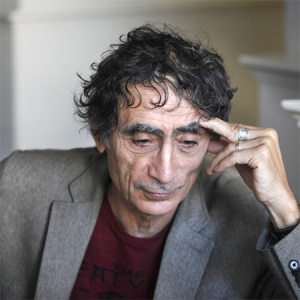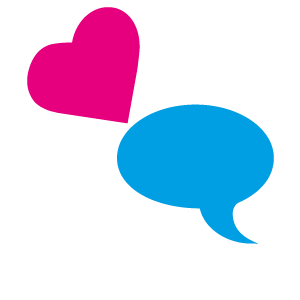
Speaker Profile
Gabor
Maté
Renowned Speaker and Best Selling Author
Gabor Maté (pronounced GAH-bor MAH-tay) is a retired physician who, after 20 years of family practice and palliative care experience, worked for over a decade in Vancouver’s Downtown East Side with patients challenged by drug addiction and mental illness. The bestselling author of four books published in twenty-seven languages, Gabor is an internationally renowned speaker highly sought after for his expertise on addiction, trauma, childhood development, and the relationship of stress
and illness. His book on addiction received the Hubert Evans Prize for literary non fiction. For his groundbreaking medical work and writing he has been awarded the Order of Canada, his country’s highest civilian distinction, and the Civic Merit Award
from his hometown, Vancouver. His books include In the Realm of Hungry Ghosts: Close Encounters With Addiction; When the Body Says No; The Cost of Hidden Stress; Scattered Minds: The Origins and Healing of Attention Deficit Disorder; and (with Gordon Neufeld) Hold on to Your Kids: Why Parents Need to Matter More Than Peers. Gabor’s next book, The Myth of Normal: Trauma, Illness and Healing in a Toxic Culture is due to be published Autumn, 2022.
To learn more, join his e-news here: https://www.drgabormate.com.
To learn more, join his e-news here: https://www.drgabormate.com.





